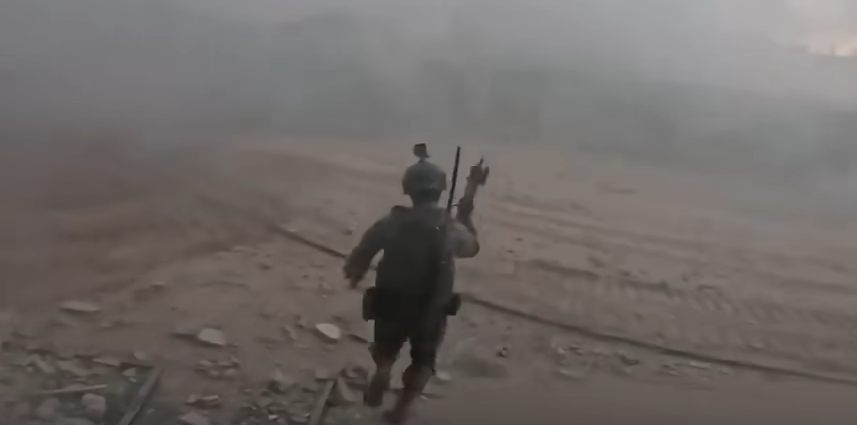Chancellor Matthew Goldstein, who was chairing the meeting at the time, the next day issued a letter that failed to quell the growing firestorm. The shockwave this episode has caused at Baruch, CUNY, the city and even the nation is still reverberating.
[On Education]
On Monday, after a day of protests at public and private colleges across the city, hundreds of the City University of New York (CUNY) students marched on Baruch College where the CUNY Board of Trustees was meeting in public to consider a series of tuition hikes.
Inside the hearing there was strong, raucous opposition to the proposals, and a number of students were forcibly ejected. When the throngs of marchers, waving banners and chanting slogans, arrived at the scene, they were met by campus police who told them the auditorium was filled. A confrontation quickly developed, turned into a shoving match and culminated in a melee with numerous arrests and several injuries.
At one point, students on the balcony above threw books down at campus police. Meanwhile outside, scores of New York Police Department (NYPD) officers roughly confronted the huge crowd. Chancellor Matthew Goldstein, who was chairing the meeting at the time, the next day issued a letter that failed to quell the growing firestorm. The shockwave this episode has caused at Baruch, CUNY, the city and even the nation is still reverberating.
Why did this happen? Is it connected to Occupy Wall Street? To the ongoing protests against the Stop-and-Frisk policies of the NYPD? Why is activism and protest sparking on college campuses as far away as California? Is the traditionally heavy handed police presence in the Black community now making itself felt throughout the country?
And how do these events affect, intersect, promote or contradict the struggles of African peoples at home and abroad? Doubtless, when activist Attorney Roger Wareham speaks at the college on Monday, December 5, at the Sixteenth Annual Donald Smith Lecture, he will touch on all of these issues and more. Wareham was formerly the Director of the Police Brutality Unit of the Center for Law and Justice at Medgar Evers College.
He organizes in the Black and Latino community around human rights violations particularly police brutality. Wareham has represented Black political prisoners around the country, and he is a lead attorney in several lawsuits filed in the Federal District Courts against private US corporations for reparations due the descendants of enslaved Africans.
If anyone can help us better understand the wave of change that engulfs us, perhaps Roger Wareham can. Be sure to come and hear him at Baruch College on December 5th at the16th Annual Donald H. Smith Lecture. Lexington Avenue and 25th Street, 6:00 – 9:00 PM, 7th Floor in the Library Building. Refreshments at 5:00 PM.
This event is free and open to the public. Contact: (212) 646-4443 if you have any questions.











